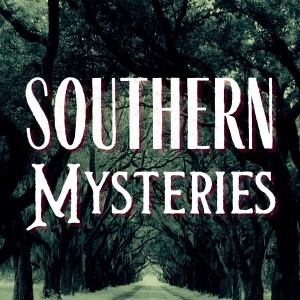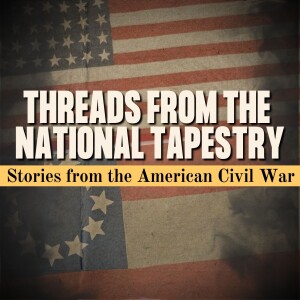

The early 1990s gave rise to many fads, trends, and subcultures. Riot Grrrl has been dismissed as just another of them, but had far greater ambitions and achieved far greater things. Motivation, inspiration, and cooperation led a group of activists to change the conversation, until the structures they railed against stepped in to change it back. What's the difference between having a message and controlling the narrative? Can the information we're giving you, filtered through the years, be trusted to make an accurate picture of an underground scene that was unfairly covered in the media? How can digital spaces replicate the conditions that fostered Riot Grrrl?
Links!
- Girls to the Front: The True Story of the Riot Grrrl Revolution
- Girl Germs, a podcast about Bratmobile's first album, Pottymouth
- Don't Need You - The Herstory of Riot Grrrl
- Jigsaw
- The Riot Grrrl Collection
- Gallery of Zine covers
- Newsweek's infamous Riot Grrrl story
Please help our show succeed by sharing it. Send a link to someone you know and tell them what you enjoy about History Honeys. Rate and review us on iTunes, Stitcher, or whatever other platform you use to hear us. It helps so very much and we do appreciate it. You can connect with us on Facebook, Twitter, Instagram, or by emailing us at historyhoneyspodcast at gmail.
More Episodes
All Episodes>>You may also like
Creat Yourt Podcast In Minutes
- Full-featured podcast site
- Unlimited storage and bandwidth
- Comprehensive podcast stats
- Distribute to Apple Podcasts, Spotify, and more
- Make money with your podcast











